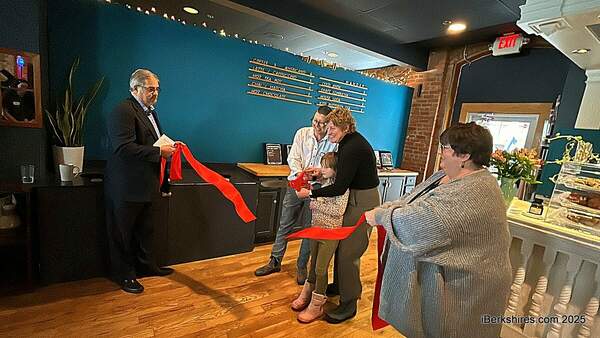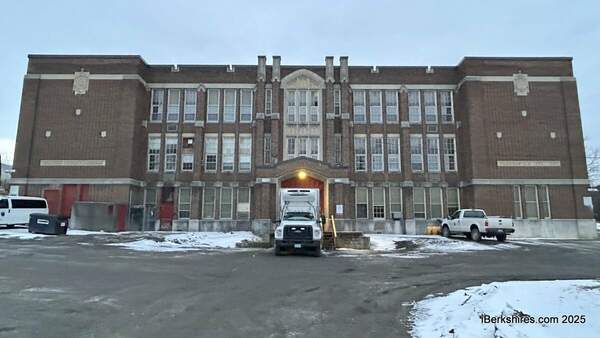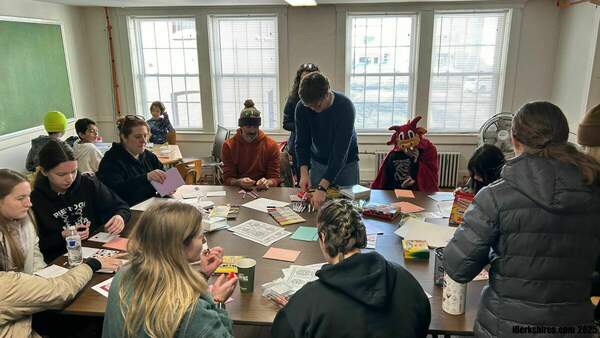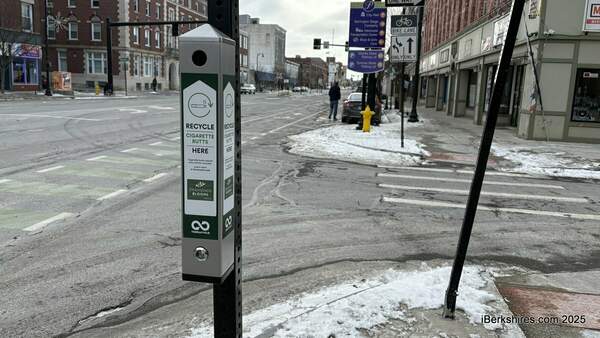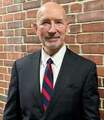Berkshire Lawmakers Complete SNAP Challenge
.JPG) State Rep. Tricia Farley-Bouvier looking at the ingredients on juice when she shopped last week. State Rep. Tricia Farley-Bouvier looking at the ingredients on juice when she shopped last week. |
PITTSFIELD, Mass. — Berkshire lawmakers want to make ending poverty a priority after experiencing a glimpse of it last week.
The Berkshire delegation took the SNAP Challenge when they grocery shopped on average weekly disbursement of Supplemental Nutrition Assistance Program (formerly food stamps) benefits to a recipient.
The goal was to increase awareness and conversation about issues low-income families face in regards to hunger.
"We weren't doing this to show that we were sacrificing. We were doing this to show that poverty is an issue, rural poverty especially is an issue and we need to make sure that they think of that before making cuts to programs like this," state Rep. Paul Mark said on Monday morning, when the week long challenge had ended. "One of the things I really realized, and it brought back memories as a kid, is how poverty leaves people behind."
The federal government is currently debating cuts to the program. Wrapped into a farm bill, a proposal was made to cut $20 billion — or 25 percent — of the benefits nationwide.
"It was scary that the first proposal was to cut that $80 billion program by a quarter, by $20 billion without a statistical observation that we've seen a quarter decline in hunger," state Sen. Benjamin Downing said. "We all would love to cut the program by a quarter because there are a quarter less hungry people. Hunger is not an isolated issue, it is an isolating issue."
The issue of poverty and hunger goes far beyond the benefits and is a contributing factor to a range of difficulties — from educational to health, according to state Rep. Tricia Farley-Bouvier. Really delving into the roll, Farley-Bouvier went to a community dinner where she met and ate with those struggling with poverty.
"The first challenge was walking through the door and sitting down. I would have felt much more comfortable with an apron on, serving people. To be served is a pretty hard thing to do," she said. "Throughout the meal, which I had with a number of people there, it became so obvious to me that people who are hungry have very complicated lives. They have so many challenges and it is not just about the food for that day. It is about trying to navigate their lives. They struggle with learning issues. They struggle with family dynamics. They are struggling with social service agencies. It was a real eye-opening experience for me."
The effect of poverty is so important that Downing is calling to "make it a priority" with an immediate and short-term increase is funding for emergency programs such as increasing the amount of food available at food banks. From there, Downing said the long-term focus should be forming partnerships with nonprofits, grocery stores, farms and the government to make it a community effort to ensure everyone is fed. Then, the governmental programs can be cut because fewer people will need then, he said.
"If we bring that broad cross section together along with our anti-poverty agencies to work with many of the families and make this a priority. That is what it has to be," Downing said. "We know how to solve the problem."
Farley-Bouvier added that the state needs to hire more caseworkers to manage the SNAP program because the Department of Transitional Assistance is overwhelmed.
"We have some caseworkers who have 1,000 cases of SNAP beneficiaries that they are trying to manage. You are not going to be able to do anymore than manage the transactions of getting them their cards and making sure they come through in a timely manner. You won't be able to do anything to help them transition to a better life," she said. "We have to invest in that, we have to have more caseworkers and those caseworkers need to be focusing on how we really help people out of poverty. Right now all we are doing is keeping people in poverty because it is just about getting them their checks on time."
Farley-Bouvier also wants policies to encourage healthy eating as said even requiring those who accept the benefits to have nutrition counseling would be advantageous.
"There are ways to buy healthier food. It is difficult and it is time consuming but it is possible to do that. I think we have a long way to go with that," she said.
Farley-Bouvier has already said she opposes having photo identification added to benefit cards, saying the money used to implement that would be better used for more caseworkers and she has advocated for certain unhealthy items to be removed from eligibility. But the health issue goes far beyond what she can do, she said.
"What is cheap in the grocery store is the starches and processed food and that is no accident. We have federal policies that subsidizes those crops that make those foods cheaper. At the same time, we have a national crisis with obesity, diabetes and high blood pressure. We are creating that by our policies," Farley-Bouvier said.
She also went to farmers markets where there are programs in place where not only do the vendors accept the benefits but the money is also doubled. Downing said the state has been working with farmer's markets to give them the infrastructure — such as wireless internet — in order to accept them. Use of benefits at farmer markets is a "win-win" Downing said because not only did does it help recipients eat healthy but it helps local agricultural businesses.
There are some things the local lawmakers can do to address hunger and poverty and now they can do that with at least a little better understanding.
"It was important for us to at least get a small snap shot of what that experience is like, living on that budget knowing full well that this is only a very small snap shot of the challenges you face," Downing said.
Tags: food, nutrition, SNAP, SNAP challenge, state officials,

